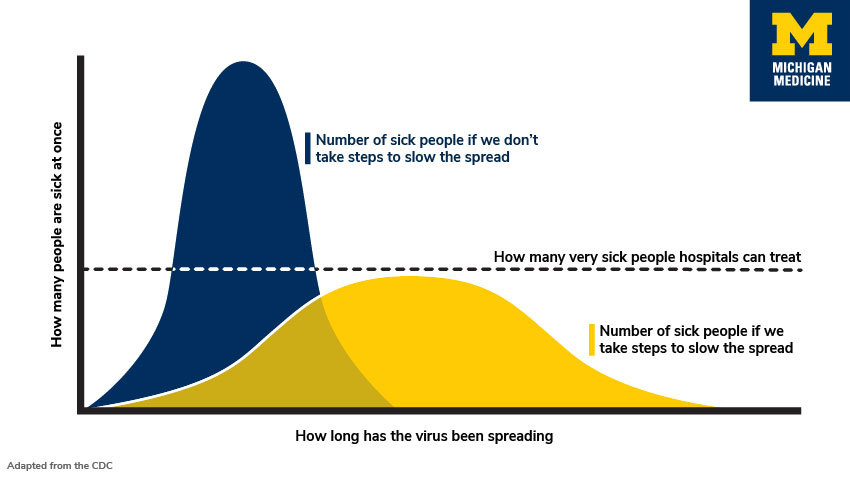
Where We Stand Now: Covid-19 and Pets
The outbreak of COVID-19, or the Coronavirus, is a worldwide phenomenon at this point. With over 9 million confirmed cases and more coming each day, the virus is the first thing on many people's minds. In March, many states shut down large portions of business and placed regulations on social distancing and gatherings. These restrictions and guidelines were set to help "flatten the curve," meaning reduce the number of new cases and slow the spread so that hospitals can steadily treat patients instead of dealing with a massive influx at once.


Graphic by Stephanie King
All 50 states began reopening in slow phases during May and June, with varying degrees of success. Health experts are worried and warn of a second wave, especially in states that have reopened aggressively. Luckily, many experts believe a vaccine is not too far away.
COVID-19 and Pets
Since our last post, new information has been released, and further studies have been conducted. A very small amount of dogs have been confirmed to be infected with the virus. A German Shepherd in New York was the first confirmed case, announced on June 2nd, of an infected dog in the United States.
The CDC reports that animals do not play a significant role in spreading the Coronavirus; however, it can spread from humans to animals in some situations, although the risk is minuscule. Recent studies show that cats can spread the virus to other cats much easier than dogs can spread to other dogs. At this time, more research is needed to know if humans can be infected by coming into contact with animals.
Keeping Pets Safe
The AVMA, American Veterinary Medical Association, recommends having an emergency kit for your pets prepared. This kit should include at least two weeks' worth of food and any medications your pets require.
"Usually we think about emergency kits like this in terms of what might be needed for an evacuation, but it's also good to have one prepared in the case of quarantine or self-isolation when you cannot leave your home." - AVMA
They also strongly suggest keeping pets from interacting with people or other animals that are not within the household and keeping cats indoors. If you bring your dog to a park or let them interact with strangers while on a walk, the risk of infection for both you and your pet increases significantly.
If You Become Ill
If you become ill, the best practice is to treat your pet like a human and distance yourself and limit contact. This is understandably very hard, especially if you live alone with your pet, so if contact is necessary, wear a mask and sanitize your hands before and after any interaction. More information can be found here.
"There is no evidence that the virus can spread to people from the skin, fur, or hair of pets. Do not wipe or bathe your pet with chemical disinfectants, alcohol, hydrogen peroxide, or any other products not approved for animal use." - the CDC
The AVMA and CDC both say that while it is good to remain cautious, there is no evidence that animals have a significant role in the spreading of the Coronavirus, and the chance of interspecies infection is minuscule. Extreme measures, such as removing pets from homes where people are infected, are not necessary.
Remember, we are in this together, and your dog needs your support just as much as you need theirs.
More information can be found on the AVMA website and the CDC's website.










